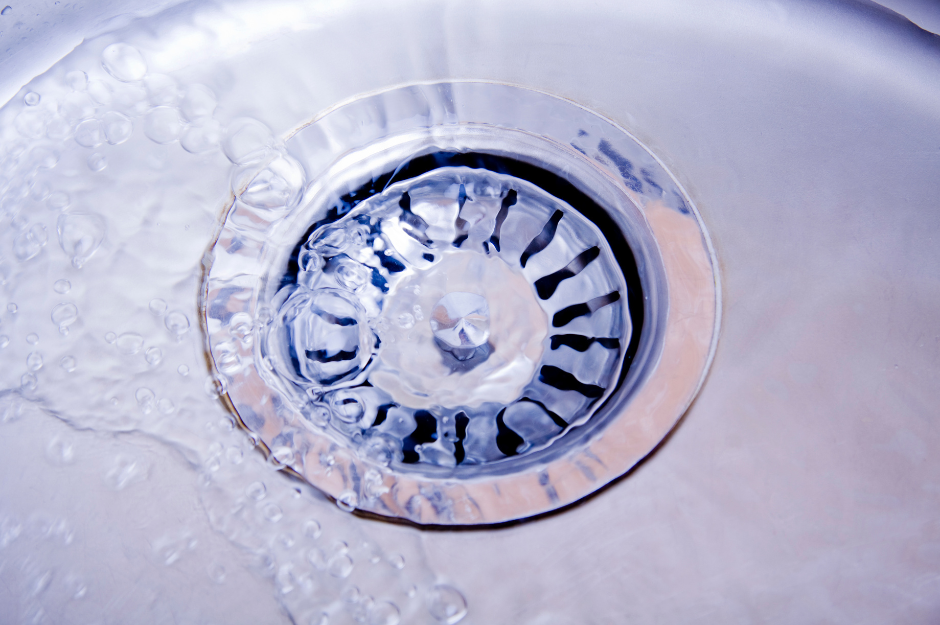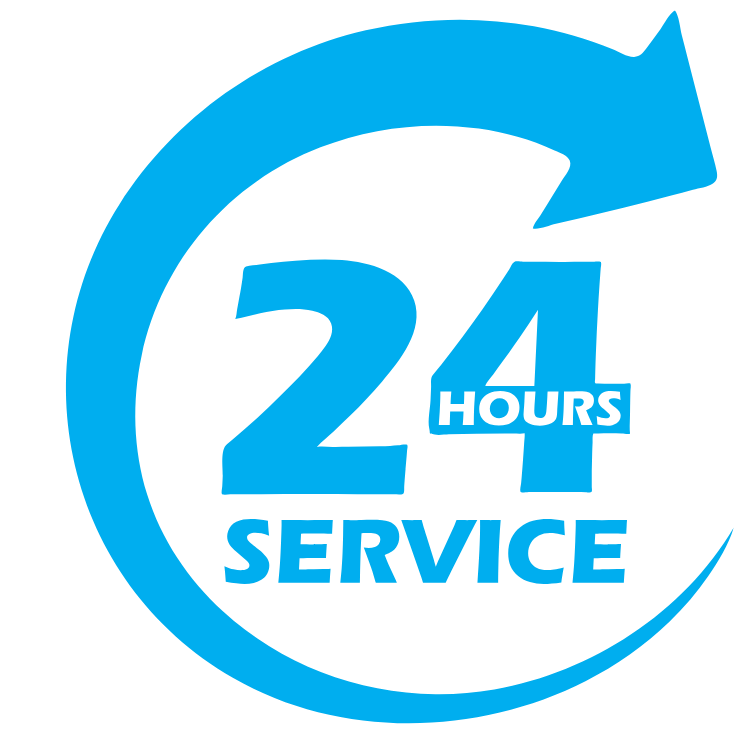LICENSED, INSURED & BONDED SINCE 1985 WITH 35 YEARS OF EXPERIENCE • (818) 483-0139
Maintaining a home involves more than just keeping the lawn mowed and the windows clean. It also includes less visible but equally vital systems like your sewer lines.
Sewer preventative maintenance can help you avoid costly and unpleasant problems such as backups and blockages in your plumbing system that can disrupt your daily life.
Below, we’ll explore essential tips that every homeowner should know to keep their sewer system running smoothly, from understanding how it works to regular inspections and maintenance practices.
 Despite your best efforts, blockages can still occur. Recognizing the signs of a blockage—such as slow draining sinks, gurgling toilets, and foul odors—can help you address the issue before it worsens.
For small blockages, tools like a plunger or a plumber’s snake can be effective. Use these tools properly to avoid damaging your pipes.
For recurring or significant blockages, however, it’s wise to call in a professional. They can remove blockages efficiently without harming your sewer system and can offer advice on preventing future issues.
Despite your best efforts, blockages can still occur. Recognizing the signs of a blockage—such as slow draining sinks, gurgling toilets, and foul odors—can help you address the issue before it worsens.
For small blockages, tools like a plunger or a plumber’s snake can be effective. Use these tools properly to avoid damaging your pipes.
For recurring or significant blockages, however, it’s wise to call in a professional. They can remove blockages efficiently without harming your sewer system and can offer advice on preventing future issues.
1. Understand Your Sewer System
A clear understanding of your home’s sewer system is the first step toward effective maintenance. Most residential properties are serviced by one of two sewer systems: public (municipal) or private (septic). Public systems transport waste to a community treatment facility, while private septic systems treat and dispose of waste within the property limits. Familiarize yourself with the type of system you have, as the maintenance requirements can differ significantly. Additionally, learning the layout of your sewer lines can be invaluable for identifying potential problem areas and facilitating quick repairs.2. Get Regular Inspections
Regular inspections are crucial to early detection of potential sewer system issues before they escalate into major repairs. For most homeowners, a thorough sewer inspection should be conducted every two to three years by a qualified professional. During these inspections, experts use specialized cameras to view the inside of sewer pipes and assess their condition, looking for cracks, blockages, and other irregularities. Keeping up with these inspections not only helps prevent emergencies but also extends the lifespan of your sewer system by ensuring that small issues can be addressed promptly.3. Practice Proper Disposal Habits
One of the simplest, yet most effective, ways to maintain your sewer system is to be mindful of what you put down your drains. Homeowners should avoid disposing of grease, coffee grounds, eggshells, and non-biodegradable items like wipes (even those labeled “flushable”) down the toilet or sink. These materials can cause severe blockages in the pipes. Educate everyone in your household about proper disposal habits to keep your sewer lines clear. Regularly discuss the importance of this practice and consider posting a friendly reminder near sinks and toilets to help prevent improper disposal.4. Clear Blockages Promptly
 Despite your best efforts, blockages can still occur. Recognizing the signs of a blockage—such as slow draining sinks, gurgling toilets, and foul odors—can help you address the issue before it worsens.
For small blockages, tools like a plunger or a plumber’s snake can be effective. Use these tools properly to avoid damaging your pipes.
For recurring or significant blockages, however, it’s wise to call in a professional. They can remove blockages efficiently without harming your sewer system and can offer advice on preventing future issues.
Despite your best efforts, blockages can still occur. Recognizing the signs of a blockage—such as slow draining sinks, gurgling toilets, and foul odors—can help you address the issue before it worsens.
For small blockages, tools like a plunger or a plumber’s snake can be effective. Use these tools properly to avoid damaging your pipes.
For recurring or significant blockages, however, it’s wise to call in a professional. They can remove blockages efficiently without harming your sewer system and can offer advice on preventing future issues.






